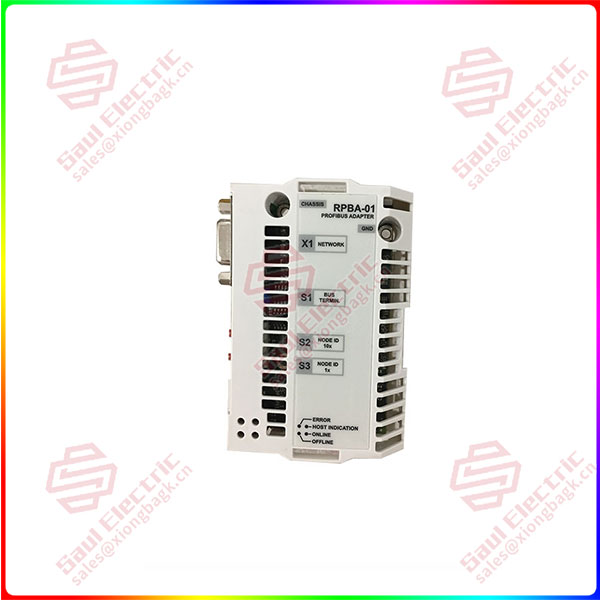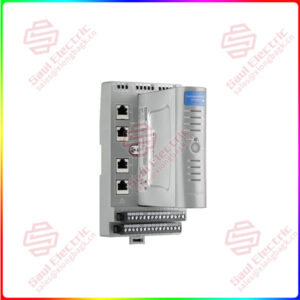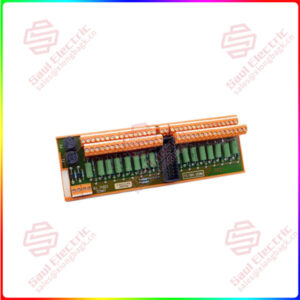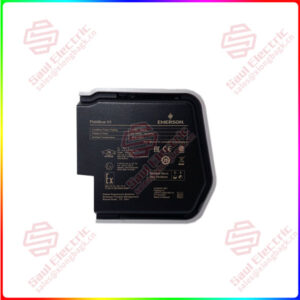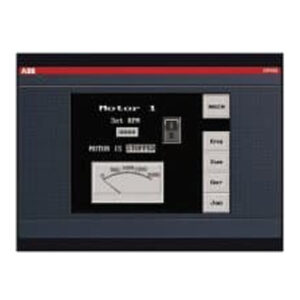PROFIBUS is an open serial communication standard that enables data exchange between various automation components. There are three main types of PROFIBUS: ProFIbus-FMS (Fieldbus Message Specification), ProFIBUS-DP (Decentralised Periphery, Distributed peripherals) and PROFIBUS-PA(Process Automation). The RPBA-01PROFIBUSDP adapter module supports the PROFIBUS-DP protocol including its extension DP-V1.
The physical transmission medium of the bus is a twisted-pair cable (according to the RS-485 standard). The maximum length of the bus cable ranges from 100 to 1200 meters, depending on the selected transmission rate (see Technical data chapter). Up to 31 nodes can be connected to the same PROFIBUS network segment without the need for a repeater. The number of nodes connected to the network (including Repeaters and host stations) can be increased to 127 if Repeaters are used.
In PROFIBUS communication, a host station – usually a programmable logic controller (PLC)- selects the node that responds to the host’s instructions. The host can also send commands to multiple nodes in the form of broadcasts: in this case, the node does not need to send a feedback signal to the host. On the PROFIBUS network, nodes cannot communicate with each other.
PROFIBUS protocol is described in detail in IEC61158 standard. The communication with the drive unit is defined in the PROFIdrive Profile, which is a PROFIBUS protocol for Adiustable Speed Drives. For more information on PROFIBUS, please refer to the IEC61158 standard mentioned above


 1 Year Warranty
1 Year Warranty
